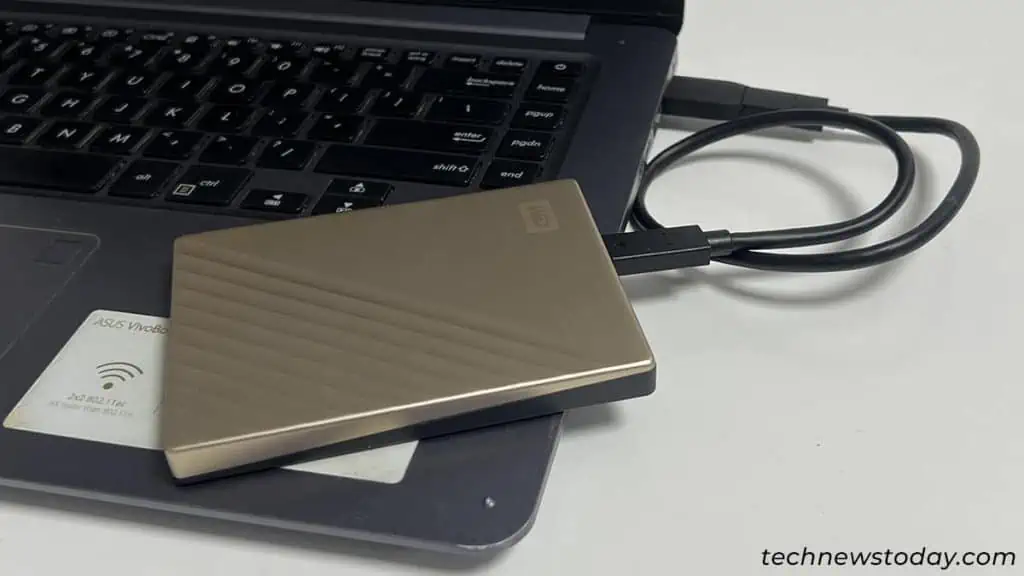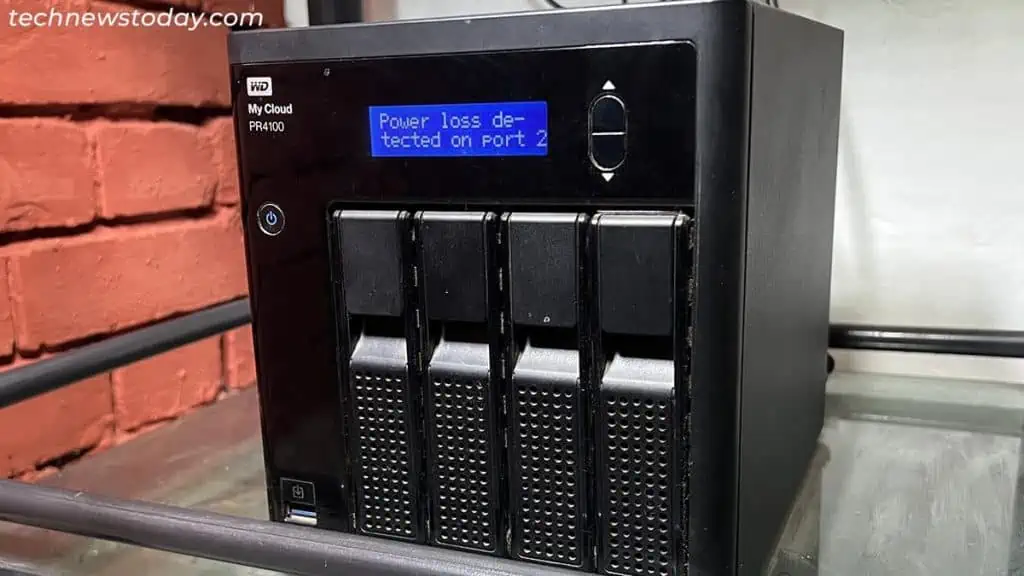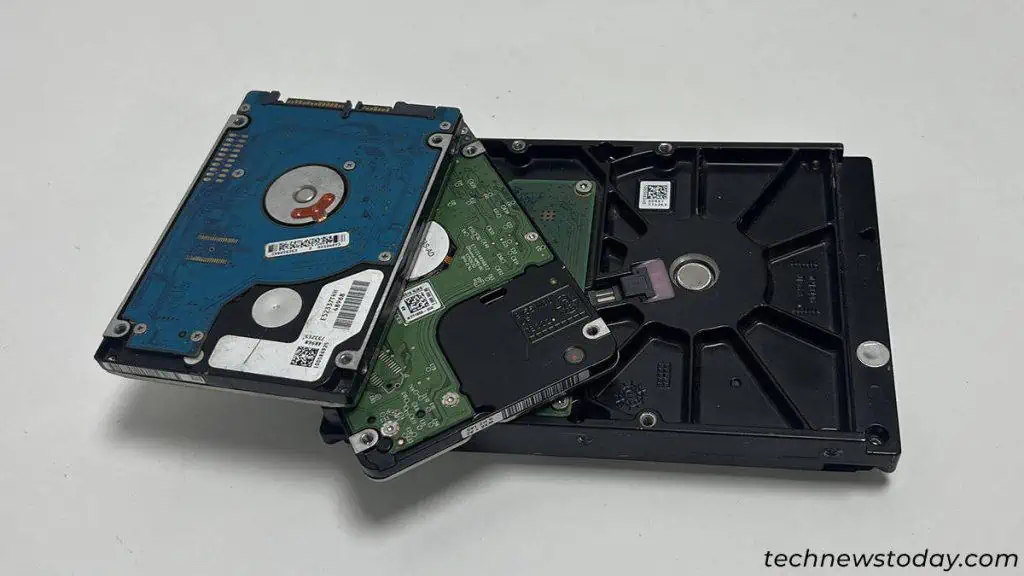With SSDs outselling hard drives and standing out in a lot of ways, you may be wondering if hard drives are still worth it.
Well, it all comes down tostorage and cost benefits vs performance. Hard drives provide high storage capacity at a reduced cost, which makes them a suitable choice if your primary need is storage rather than read/write speed.
These includebackups,secondary drivesfor personal data, andlight-purpose NASsetups.

But for all other purposes, hard drives are usable but not recommended. After all, they are way slower, fragile, power-hungry, and less environmentally friendly.
Most Cost Effective for Secondary Drives
Most systems already come with SSDs as their primary drives. If you’re looking to extend your storage for personal data, adding a hard drive is the best option.
Due to their cheap nature, hard drives are excellent choices for storing large data. A 22 TB hard drive is about the same price or cheaper than anormal 8 TB SSD.

It also provides enough read/write speeds for all kinds of media, even 8K videos. Even video editors can use large hard drives to store media assets and complete video projects on their PC.
External hard drivesare much cheaper than SSDs, and thus, make excellentbackup drives. This holds true for both external and internal hard drives.
Do keep in mind that they have an average lifespan of only 3-5 years. Some last much longer, but it’s best to check their health regularly.

Additionally, I also recommend youtransfer important backups to new drivesevery 3-5 years just in case.
Widely Used for Light-use Network Attached Storage (NAS)
Hard drives are widely used in Network Attached Storage (NAS) servers for file sharing and storage.
In such setups, the drives are arranged in aRAID array, which can improve the limited read/write speeds of hard drives.
HDDs and SSDs are both equally reliable however, HDDs are much easier to maintain. On top of that, their cheap nature makes them more suitable for NAS setups.